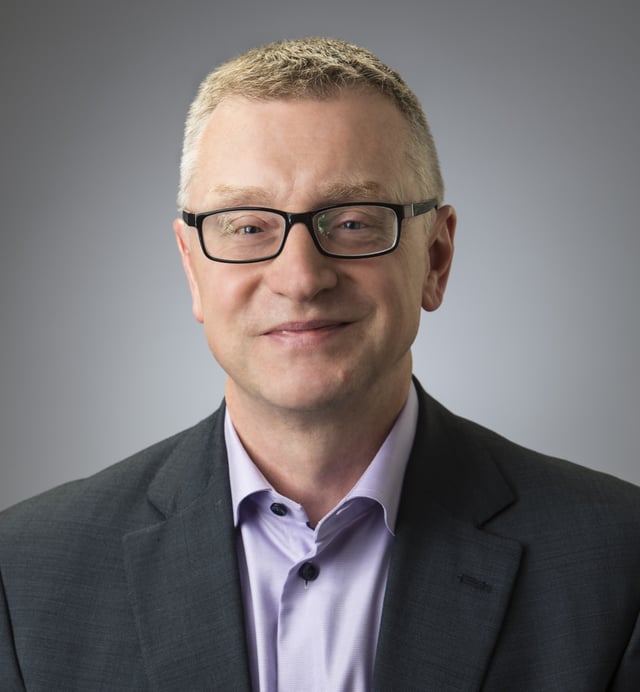
Fit The Curve Blog
Volunteering to Bioanalytical Community Groups

Reflecting on my career in bioanalysis, there are a few pivotal actions I've taken that have truly enriched my job. One of the most impactful has been volunteering my time to bioanalytical community and focus group initiatives. These opportunities allow me to contribute to various activities such as organization membership support, conference programming, hot-topic initiatives, white paper writing, mentoring breakfasts, poster reviews, strategy setting, and much more. The organizing committees of these bioanalytical forums are often seeking volunteers to step up and support their cause, which fundamentally aims to give back to our scientific community. In return, I've found that the effort you put into these initiatives is mirrored back to you, often with added benefits. The personal satisfaction and knowledge gained from collaborating with others who share a genuine passion for bioanalytical science are invaluable to me.
I acknowledge that our day jobs can be all-encompassing. However, I've observed that individuals on these community leadership teams, despite having full schedules, still find a way to dedicate some personal time to these efforts. Common reasons for avoiding such commitments include, "My schedule is too full," "I'm not well known in the industry," "I don't think my voice will be heard," and "I'm not a subject matter expert." My experience has shown me that these bioanalytical community groups welcome new members and fresh ideas, and there is ample room for those without decades of experience. They strive to stay relevant to modern and emerging areas of our discipline, and succession planning is crucial for the future of these initiatives. Contributing to these community groups does require effort, but it doesn't need to become a second job. I recommend focusing your efforts on one or two community groups and being actively engaged in the entire process. The effort you invest will correlate with the benefits you receive.
For me, an invaluable benefit has been networking with others in regulated bioanalysis, outside of my own organization, in a completely non-commercial way. Engaging with opinion leaders and learning from others' perspectives has been incredibly rewarding. Collaborating with bioanalytical scientists from across the industry provides ongoing education that has benefited me both professionally and socially. Meeting individuals at conferences, whom I know through my volunteer work with these community groups, is tremendously enjoyable and rewarding. This additional dimension to my daily work is something I've never regretted.
Getting started is not difficult. Reach out to your regional bioanalytical forum group or conference organizers and express your interest in volunteering and supporting their efforts. For those early in their careers, there is often a need for student representatives to join the team, and this extends to individuals in their first jobs and beyond. It's important to show up and participate actively. Don't just volunteer your name and then sit back—get involved and contribute. You will quickly see opportunities to help the cause, and I can guarantee that your efforts will be noticed, appreciated, and recognized. I've never regretted doing the same.

Stephen Lowes, Ph.D.
Senior Director, Bioanalytical Services
Welcome! I'm Steve Lowes, and I'm thrilled to share my journey, thoughts, and insights with you through this blog. As the Senior Director of Scientific Affairs at IQVIA Laboratories in Ithaca, NY, I've dedicated over 30 years to the fascinating field of regulated bioanalysis.
Throughout my career, I've had the privilege of presenting at numerous conferences and authoring publications that aim to advance our science and foster dialogue within our discipline. I'm proud to be the co-editor of the book "Regulated Bioanalysis: Fundamentals and Practice," and I enjoy sharing my knowledge and experience from the lab, as well as troubleshooting bioanalytical data. Recently, my interests have focused on the exciting applications of LC-MS in modern drug modalities and biomarker bioanalysis. This has expanded into biologic molecules, adding new dimensions to the future potential and importance of the bioanalyst's role in bringing safe and effective therapies to market.
Outside of work, I cherish life with my wife and two wonderful teenage daughters. You can often find me fly fishing on trout streams and salmon rivers or hiking the beautiful gorges and forests of central NY with my black Labrador, Josie. I look forward to diving into and exploring current bioanalytical topics and more with you!
Subscribe to our blog
Receive updates via email when new blog articles are posted. You can unsubscribe at anytime.
You may also be interested in

February 2, 2026
Bioanalysis 2026: Predictions and Perspectives
Bioanalysis in 2026 is about smart evolution: operationalizing digital systems, ...
January 26, 2026
Coding, Automation, and AI in Bioanalysis
I’m excited to welcome my colleague, Dr. Jean Custodio, as a co‑blogger on our ...
December 12, 2025
Driving digital transformation in regulated bioanalysis: practical utility of a bioanalytical ELN
This blog article introduces a great discussion my colleague April Pisek and I ...
June 19, 2025

